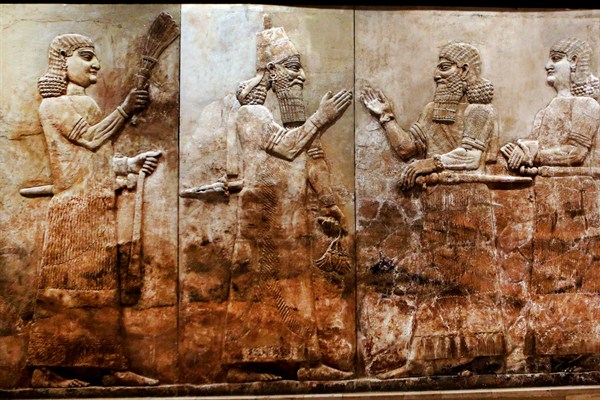The Islamic State’s eagerness to profit from antiquities focused global attention on the illicit trafficking of cultural property. Yet the world’s understanding of how such trafficking unfolds remains limited. Today, thanks to Facebook and other social media tools, it is easier than ever to participate in a booming black market antiquities trade.
The instability that followed the Arab uprisings of 2010 and 2011 has given rise to some of the most devastating conflicts the Middle East has ever seen. Syria and Iraq, in particular, have suffered from the dismantling of state infrastructure and the expansion of terrorist and violent extremist organizations, most prominently the self-styled Islamic State.
The Islamic State’s short-lived dominion over some of the most archaeologically rich territories in the “Cradle of Civilization” of Mesopotamia gave it control over many of the region’s most valuable cultural assets. And the group exploited this to maximum effect. Setting itself apart from terrorist organizations like al-Qaida and the Taliban, whether in Afghanistan or Yemen, the Islamic State was able to commodify cultural heritage as a resource that could simultaneously provide financial sustainability and propaganda value, compounding the psychological impact of its terrorism on civilian populations. Notably, it ushered in a new era of terrorism financing fueled by the black market trade in cultural property.

